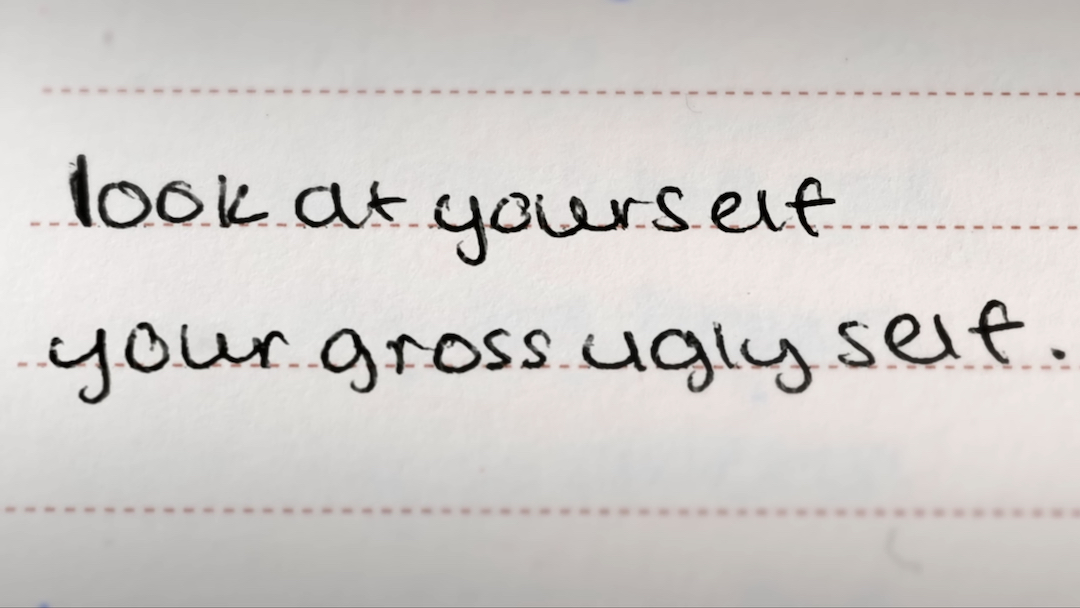Dove Pushes To Protect Teens’ Mental Health Online In New Film
By Alexa Heah, 20 Apr 2023

Dove, which recently crafted an “injectable billboard” in a stand against toxic beauty ideals, has come up with another push to safeguard teenagers’ mental health and self-esteem, this time in the form of advocating for legislation to regulate social media for youth.
As part of the initiative, Dove has launched a new film—Cost of Beauty: A Dove Film—detailing the true story of a teenager who has had her mental health negatively impacted by social media, highlighting the true costs of not enacting meaningful changes in these online spaces.
According to the brand’s research, eight in 10 experts agree that social media could be a key factor fueling a mental health crisis—with 80% of young people believing they’re addicted to social networks and over 50% claiming it makes them feel anxious.
The findings showed that seven in 10 teenagers have been exposed to weight loss and body transformation content online, while 75% posit that these posts could incite youth into changing their appearances.
Worse still, over half of the mental health specialists think viewing such harmful content can lead to real-life consequences, including the likes of disordered eating or self-harm, which may not be all that far off, considering 51% of teenagers said they’ve been exposed to such posts.
To address this growing issue, Dove has partnered with singer Lizzo, Common Sense Media, and ParentsTogether Action to encourage lawmakers to implement safeguards to protect youth online, in the form of limiting exposure to toxic content that could erode fragile self-esteem.
The proposed bill calls for the disabling of product features and allowing teenagers to opt out of algorithmic recommendations while holding platforms accountable for censoring self-harm, suicide, disordered eating, and similar content.
This could involve annual independent audits of each social network to properly determine the risks to minors, which would also allow experts insight into critical data that could help further research on how to protect young people from such harms.
[via Marketing Dive and Cosmetics Business, cover image via Dove US]





